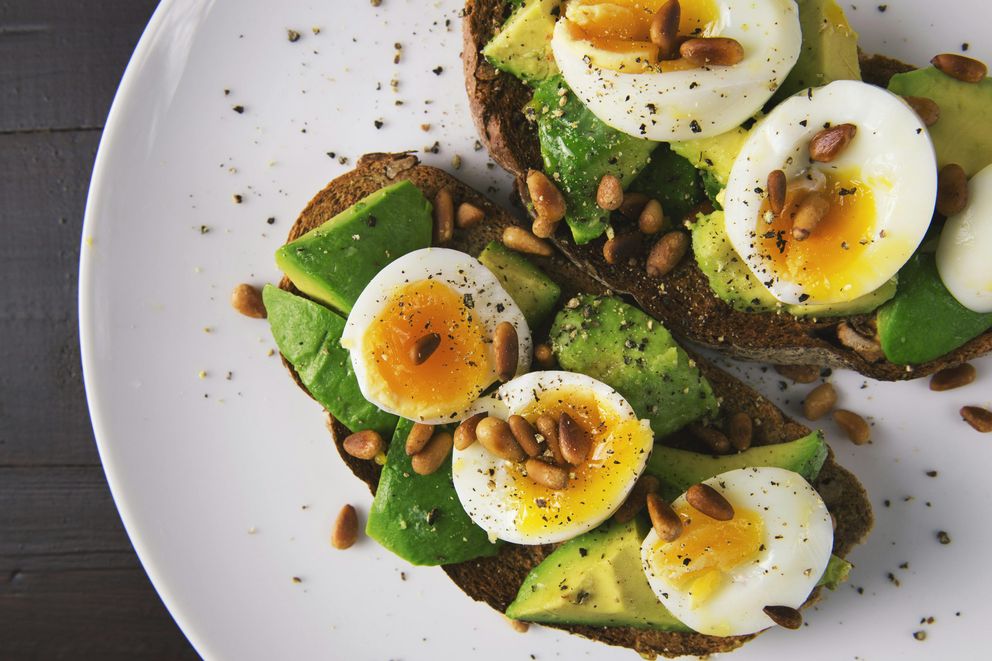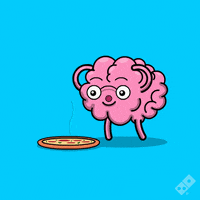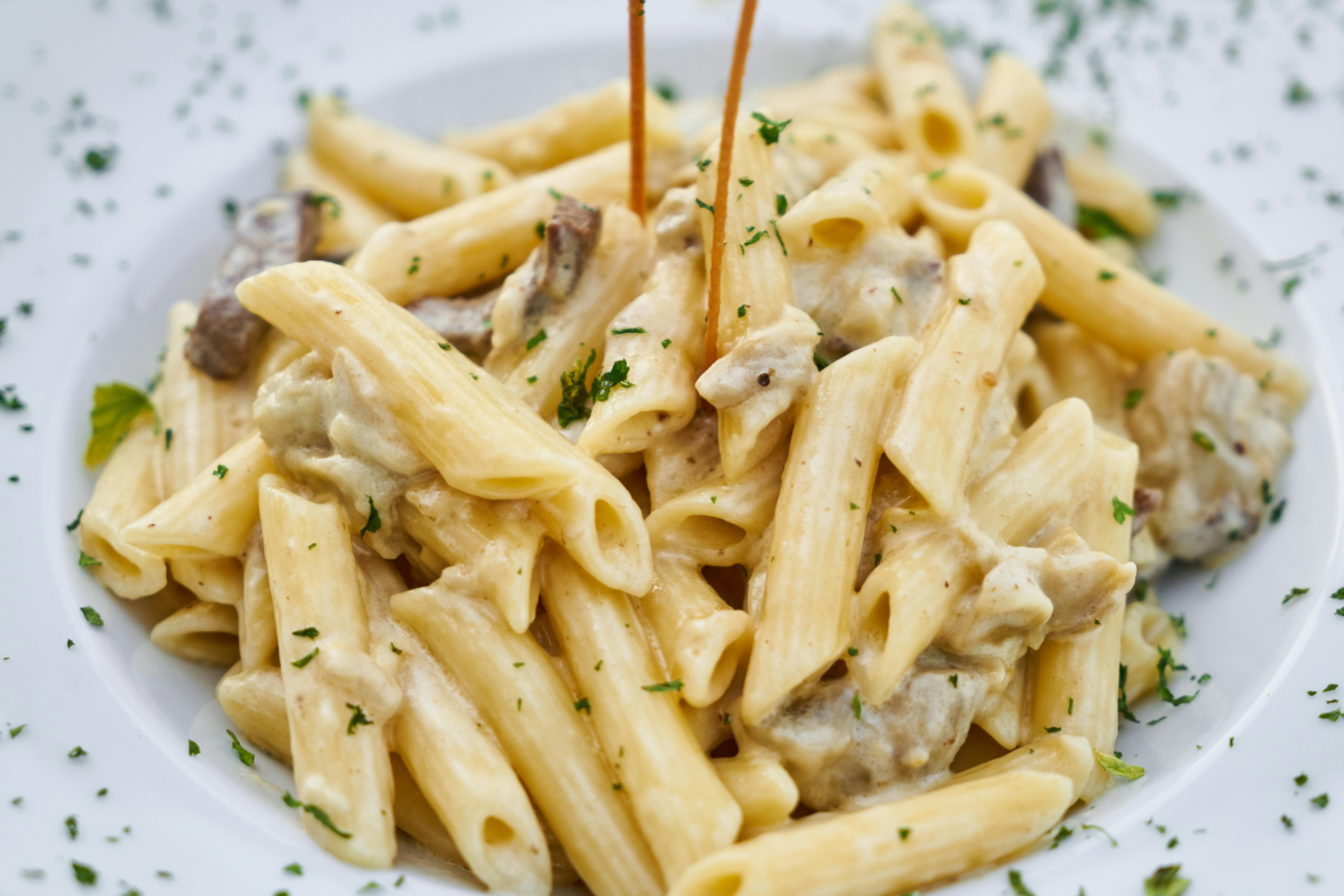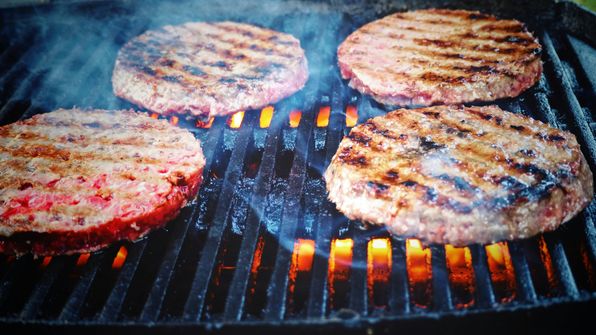
Social Success on the Carnivore Diet: Tips for Staying Committed at Gatherings and Restaurants
Social gatherings often mean a spread of carb-heavy foods and tempting desserts that can make sticking to the carnivore diet feel tricky. But with a b...

Women face a unique set of health challenges, from juggling work, family, and personal life to dealing with hormonal changes and the stress that often accompanies them. One diet that’s gaining traction for its ability to support mental clarity, mood stability, and overall brain health is the MIND diet. Designed to reduce the risk of cognitive decline, the MIND diet is more than just brain food—it’s a holistic approach to enhancing both mental and physical well-being.

The MIND diet, which stands for Mediterranean-DASH Diet Intervention for Neurodegenerative Delay, combines the best aspects of the Mediterranean and DASH (Dietary Approaches to Stop Hypertension) diets. It’s specifically tailored to focus on brain health, with a strong emphasis on foods that support cognitive function and reduce the risk of neurodegenerative diseases like Alzheimer’s.
Let’s break down the essential elements that make the MIND diet so effective:
For many women, stress and anxiety are constant companions. Whether it’s the demands of work, family, or simply the pressures of modern life, the MIND diet’s emphasis on foods rich in omega-3 fatty acids, like fish and nuts, can help manage these stresses. Omega-3s are known to have anti-inflammatory properties that support brain function and can help reduce the symptoms of anxiety and depression.
Stat Check: A study published in Nutrition Research and Practice found that women who consumed higher levels of omega-3 fatty acids had a 20% lower risk of developing depression compared to those with lower intake.
Hormonal fluctuations, whether due to menstruation, pregnancy, or menopause, can have a significant impact on a woman’s mood, energy levels, and overall well-being. The MIND diet’s focus on leafy greens, whole grains, and berries provides essential vitamins and minerals that support hormonal balance, making it easier to navigate these changes.
Key Nutrients: Leafy greens are rich in magnesium, which can help alleviate PMS symptoms and stabilize mood. Whole grains provide B vitamins, crucial for energy production and hormone regulation.
Stat Alert: According to Nutrients, women who followed a diet rich in whole grains and leafy greens experienced a 30% reduction in PMS symptoms compared to those who consumed a more processed diet.
In a world where multitasking is the norm, maintaining mental clarity and focus can be challenging. The MIND diet supports cognitive function through foods rich in antioxidants and healthy fats, which help protect the brain from oxidative stress and inflammation, keeping you sharp throughout the day.
Berry Power: Berries, particularly blueberries, have been shown to improve memory and slow cognitive decline. A study in the Annals of Neurology found that women who ate two or more servings of strawberries and blueberries per week experienced a slower rate of cognitive decline by up to 2.5 years.
Managing weight can be particularly challenging for women, especially when balancing work and family life. The MIND diet, rich in fiber from vegetables, whole grains, and nuts, helps keep you full longer, reducing the temptation to snack on unhealthy foods, making Weight Management more achievable.
Fact Check: Research published in The Journal of Obesity & Metabolic Syndrome found that diets high in fiber and healthy fats are more effective for weight management compared to low-fat diets. Women who followed such diets were 30% less likely to experience significant weight gain over a five-year period.
Heart disease is the leading cause of death among women, making Heart Health a critical area of focus. The MIND diet, with its emphasis on fish, nuts, and olive oil, provides heart-healthy fats that can lower bad cholesterol and reduce the risk of heart disease, ensuring that your heart stays strong.
Research Insight: Nutrition, Metabolism and Cardiovascular Diseases states that women who include at least two servings of fish per week in their diet have a 25% lower risk of developing heart disease. The monounsaturated fats in olive oil also contribute to reduced inflammation and better heart health.

Here’s how you can practically incorporate the MIND diet into your daily life, making it both effective and sustainable:
Start every meal with a vegetable base. For instance, include a side salad with lunch and dinner, and add extra vegetables to your main dishes. This ensures you’re getting plenty of fiber and nutrients essential for brain health.
Berries are a delicious and easy addition to your meals. Add them to your morning oatmeal, yogurt, or smoothie to ensure you’re getting the brain-boosting benefits regularly.
Nuts are a perfect snack—convenient, portable, and packed with nutrients. Keep a small container of mixed nuts in your bag or desk for when hunger strikes.
Swap out butter or other cooking oils for olive oil. It’s versatile and can be used for sautéing, as a salad dressing base, or drizzled over roasted veggies.
Replace refined grains with whole grains in your diet. This can be as simple as switching from white rice to brown rice or choosing whole wheat bread and pasta.
Plan to include fish in your meals at least once a week. Opt for fatty fish like salmon or mackerel to maximize your intake of omega-3 fatty acids.
Cut back on red meat, butter, cheese, and fried foods. Instead, opt for healthier alternatives like poultry, fish, and plant-based proteins.
Add beans, lentils, or other legumes to your diet regularly. They are an excellent source of protein and fiber, perfect for adding to salads, soups, or as a meat alternative in dishes.
When planning meals, opt for poultry like chicken or turkey instead of red meat. This simple switch can help reduce your intake of saturated fats.
If you enjoy a glass of wine, keep it to one per day. Red wine, in particular, has been associated with brain health when consumed in moderation.

This 3-day MIND diet menu plan is designed to incorporate the key components of the MIND diet, focusing on brain health, mental clarity, and overall well-being. The plan includes a variety of nutrient-dense foods such as leafy greens, berries, nuts, whole grains, and fish, making it easy to follow while supporting your health goals.
Breakfast:
Snack:
Lunch:
Snack:
Dinner:
Breakfast:
Snack:
Lunch:
Snack:
Dinner:
Breakfast:
Snack:
Lunch:
Snack:
Dinner:
This 3-day menu plan is designed to be balanced, easy to follow, and rich in the nutrients that support brain health, mood stability, and overall wellness. Feel free to swap out similar ingredients to suit your taste or dietary preferences while keeping within the MIND diet guidelines.
A: The MIND diet, which stands for Mediterranean-DASH Diet Intervention for Neurodegenerative Delay, is a hybrid of the Mediterranean and DASH diets, specifically designed to support brain health and reduce the risk of neurodegenerative diseases like Alzheimer’s. For women, the MIND diet not only helps with cognitive function but also supports hormonal balance, stress management, and heart health. It focuses on nutrient-dense foods like leafy greens, berries, nuts, whole grains, and fish.
A: The MIND diet is rich in foods that contain omega-3 fatty acids, such as fish and nuts, which have been shown to reduce inflammation and support brain function. These healthy fats can help manage stress and anxiety by improving mood and reducing the risk of depression. Studies have shown that women who consume higher levels of omega-3s have a significantly lower risk of developing depression.
A: Yes, the MIND diet can be very effective for weight management. It emphasizes whole, nutrient-dense foods like vegetables, whole grains, and nuts, which are high in fiber and healthy fats. These foods help keep you full longer, reducing the likelihood of overeating. Research suggests that women who follow diets high in fiber and healthy fats are more successful at maintaining a healthy weight compared to those who follow low-fat diets.
A: Absolutely. The MIND diet includes heart-healthy foods like fish, nuts, and olive oil, which are rich in omega-3 and monounsaturated fats. These fats help lower LDL (bad) cholesterol levels and reduce inflammation, both of which are crucial for heart health. Following the MIND diet can significantly reduce the risk of heart disease, especially in women(Verywell Health).
A: Key foods in the MIND diet include:
A: Unlike restrictive diets such as keto or paleo, the MIND diet is less about cutting out food groups and more about emphasizing nutrient-rich foods that specifically support brain health and overall well-being. While keto focuses on high-fat, low-carb intake, and paleo on eliminating grains and dairy, the MIND diet allows a wider variety of foods, making it easier to follow long-term. It’s particularly beneficial for women looking to improve cognitive function and manage weight, stress, and heart health without the strict limitations of other diets.
The MIND diet is more than just a way to protect your brain—it’s a holistic approach to improving mental clarity, managing stress, balancing hormones, and supporting overall health. By focusing on a variety of nutrient-dense foods, women can address multiple health concerns simultaneously, from mood swings and anxiety to heart health and weight management.
Incorporating the MIND diet into your daily routine doesn’t require drastic changes. Start by making small adjustments—like adding more leafy greens to your meals or swapping out unhealthy snacks for nuts—and gradually build a diet that not only nourishes your body but also supports your mind.
Whether you’re dealing with the demands of work, family, or just looking to take better care of yourself, the MIND diet offers a flexible, sustainable way to boost your health and well-being. It’s not just about eating for your brain—it’s about eating for your life.

Social gatherings often mean a spread of carb-heavy foods and tempting desserts that can make sticking to the carnivore diet feel tricky. But with a b...

The carnivore diet is often seen as straightforward: eat meat, keep it simple. But adapting it seasonally can bring freshness, variety, and local flav...

The carnivore diet has become increasingly popular, but like any extreme dietary approach, it raises important questions—especially for women concerne...

The carnivore diet has gained attention globally, but women’s experiences and cultural approaches to animal-based eating vary widely depending on wher...

Living with Chronic Obstructive Pulmonary Disease (COPD) can make everyday activities feel like a marathon, especially for women who are juggling heal...